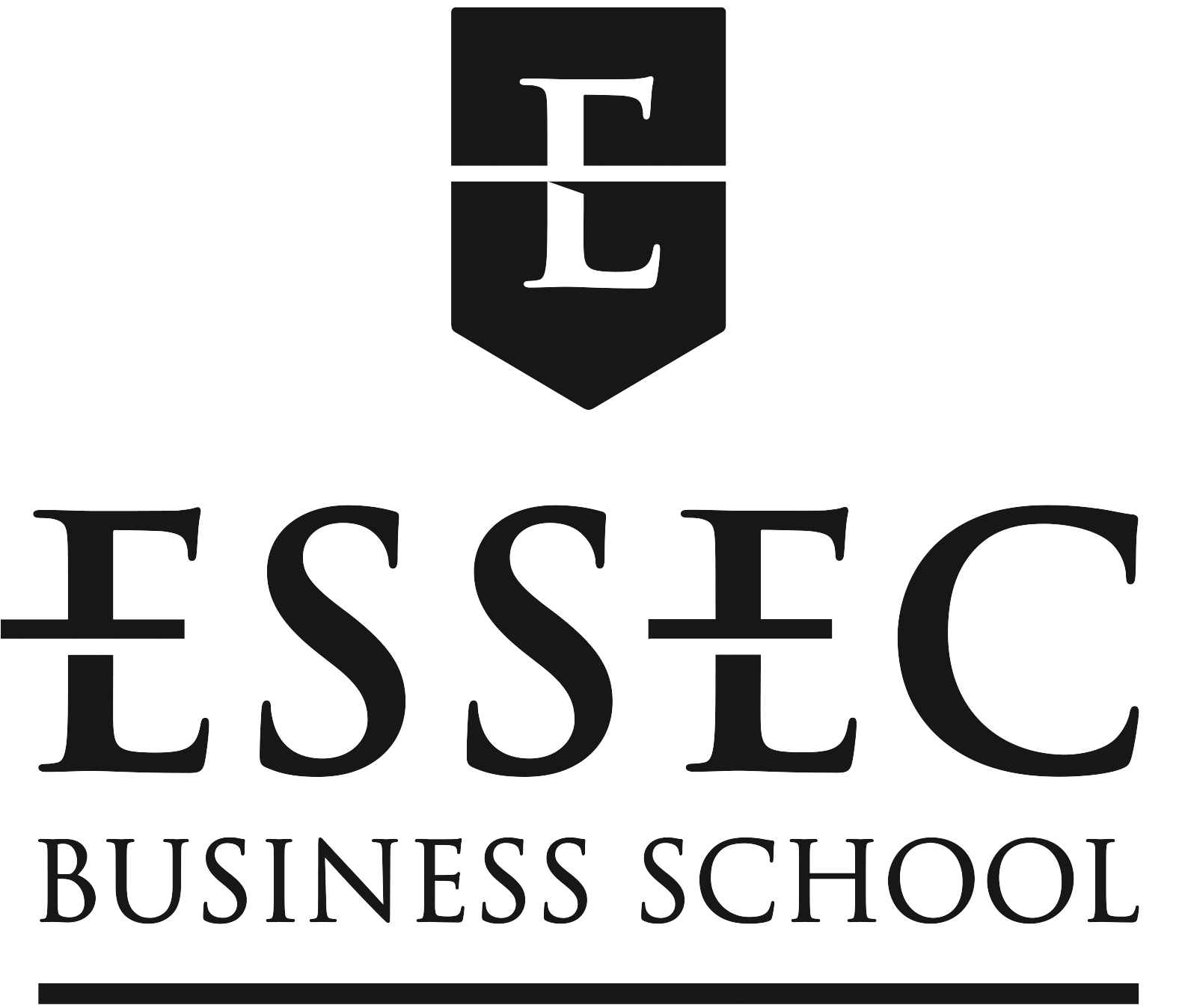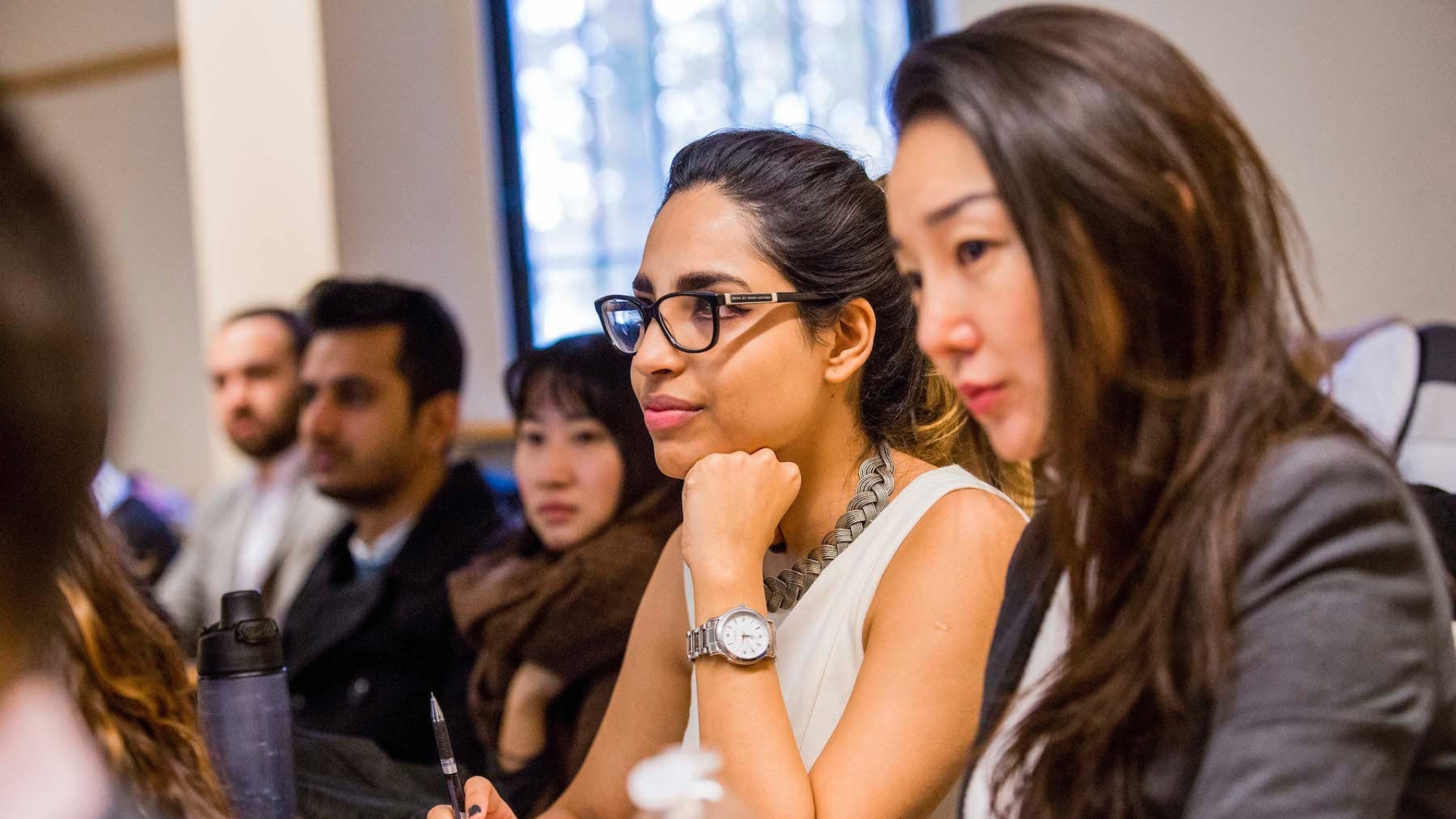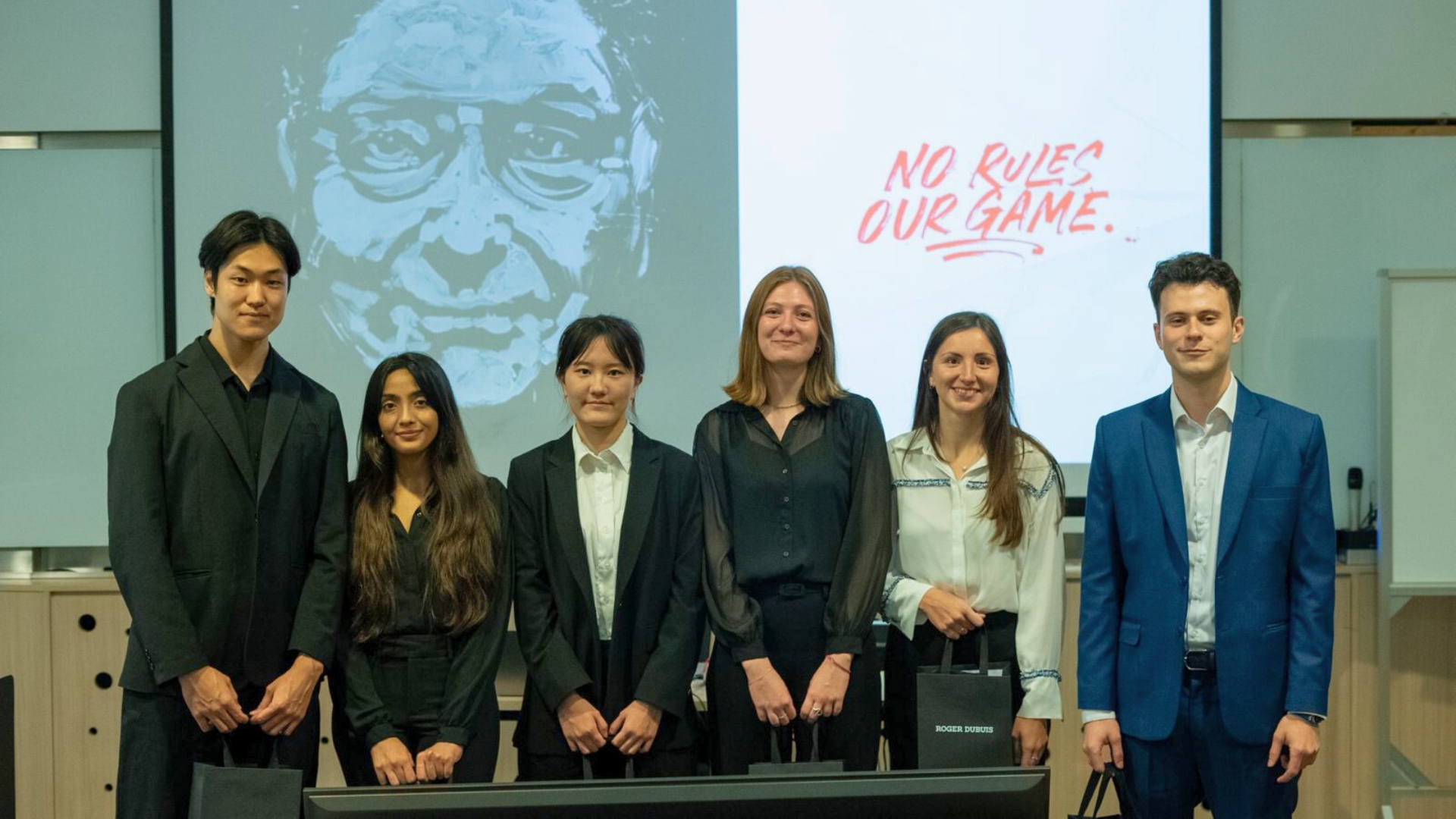- Guest talks and excursions show students how luxury brands operate.
- Luxury brand projects provide students ensure students graduate with an in-depth understanding of luxury marketing.
- Students learn the multicultural skills necessary to succeed in a global industry.
Luxury brands operate in a league of their own, with a high-value market and a discerning clientele that demands nothing but the best. To succeed in the field takes more than sharp business acumen—it also requires an acute understanding of the exclusivity, sophistication, and DNA of each brand.
This is where ESSEC MSc in Marketing Management and Digital (MMD) program students shine, with graduates securing work at companies like LVMH, Christian Dior, and more. But what about the program gives ESSEC MMD graduates an edge?
1 | An Opportunity to Specialize in Luxury Brand Marketing
First is how the MMD program is tailored to educate students in luxury branding, which Chanrit Anantaprayoon (Bill) from the class of 2020 believes gave him “insights into the industry that only a few business schools in the world can provide.”
Indeed, the curriculum includes a range of specialized courses such as Sustainability and Innovation in the Luxury Industry, Retail Management in the Luxury Industry, and Luxury Brand Management, which all focus on the unique challenges and opportunities presented in the luxury sector.
2 | Learning By Doing for Industry Insights
True to ESSEC’s signature learning by doing pedagogy, luxury-related modules also offer students abundant opportunities to understand how their knowledge plays out in the real world.
“To reinforce the lessons learned in class, we bring in guest speakers who teach students about luxury brands and their different storytelling strategies,” marketing professor Sonja Prokopec explains, noting that past speakers have been from the likes of Van Cleef & Arpels, Tiffany & Co., and Christian Dior.
In addition, Lorenzo Valenti, from the class of 2022, recalls an “eye-opening experience” where the class attended a closed-door exhibition by Van Cleef & Arpels to see how the brand reached out to its target audience.
In another example, Ruchika Guria from the class of 2021 was sent to visit luxury stores to identify which codes the brand has used. “It really helped us understand where a brand is coming from when they make each decision, even in things like the store layout and choice of lights,” she says.
According to Prokopec, the need for these exercises is simple: “The future of luxury marketing is about providing unique experiences. As such, I see these immersions as important lessons for students to understand how brands stay relevant.”
3 | Real-world Industry Experience
Besides guest talks and excursions, MMD students stand out for their portfolio of experience working directly with luxury brands. Each year, Prokopec organizes a “contest” for them to work alongside a luxury brand and develop marketing strategies.
Industry partners change, but past cohorts have worked with names like Singaporean jeweler Carrie K, Benefit Cosmetics, a subsidiary of LVMH, and even Tiffany and Co. In 2021, students even tried their hand at working with the Asian Civilizations Museum (ACM).
Although seemingly unrelated, Prokopec explains that the connection comes because luxury goods, like art, require cultural understanding to be appreciated and face the similar challenge of being disconnected from society.
“The experience taught us that luxury isn’t just a physical good. It can be an experience or a lifestyle,” Yue Ning Ng, who worked on the ACM project, testifies, adding that these skills have served her well in her full-time role at L’Oreal.
4 | Multicultural Skills for a Diverse Workplace
Because of the diverse student body at ESSEC Asia-Pacific, these group projects involve working with different nationalities.
“I found that having teammates from different countries made the ideas more innovative,” Lorenzo shares.
He feels this will be particularly beneficial for his future as “especially in senior positions—it’s going to be important to be able to respect and embrace cultural differences.”
Prokopec points out that these intercultural communication skills may be particularly relevant because of the growth of the luxury market in Asia.
“A lot of luxury marketing teams need to localize global campaigns, which means students will need to have a strong understanding of different cultures,” she explains.
She reflects on why MMD graduates succeed in their luxury brand career dreams: “This is an industry that most people will not be exposed to. The MMD program allows them to immerse themselves in the industry, understand the players and the specificities of managing a luxury brand instead of a mass brand.”
RELATED POSTS
Green is the New Gold: Giving SMIB Students An Edge in Sustainable Finance
Sebastian Sohn shares why sustainability matters in the Sustainable Finance course for ESSEC Master in Strategy and Management of International…
Three MiF Curriculum Features that Make the ESSEC Asia-Pacific Campus Stand Out
Student Ambassadors share how the ESSEC Master in Finance at Singapore has prepared them for the world of finance.
Freedom and Practicality Draw Students from Asia to the MiM Program at ESSEC APAC
From diverse backgrounds to common goals, students from ESSEC's Master in Management program are shaping their futures with flexible learning and…
The MMD 2024 Digital Marketing Challenge: A Taste of the Real World
The annual Digital Marketing Challenge is arguably the biggest highlight of the MSc Marketing Management and Digital program. Student Ambassador…
Three Ways ESSEC GBBA Students Can Make the Most of Their Exchange
Student Ambassador Sagarika Majumdar and alumna Manqi Zhao share their tips.
How the ESSEC MMD Program Makes Learning Practical and Relevant
Fresh graduates need help entering the workforce, as they need more experience and have a limited understanding of the industry. ESSEC Master in…







